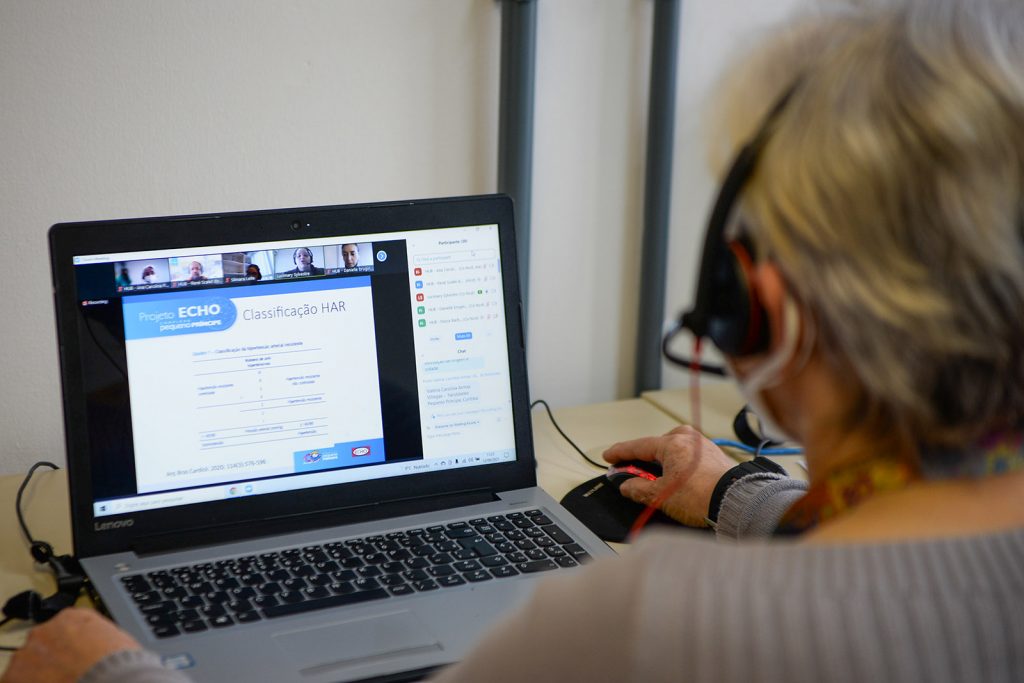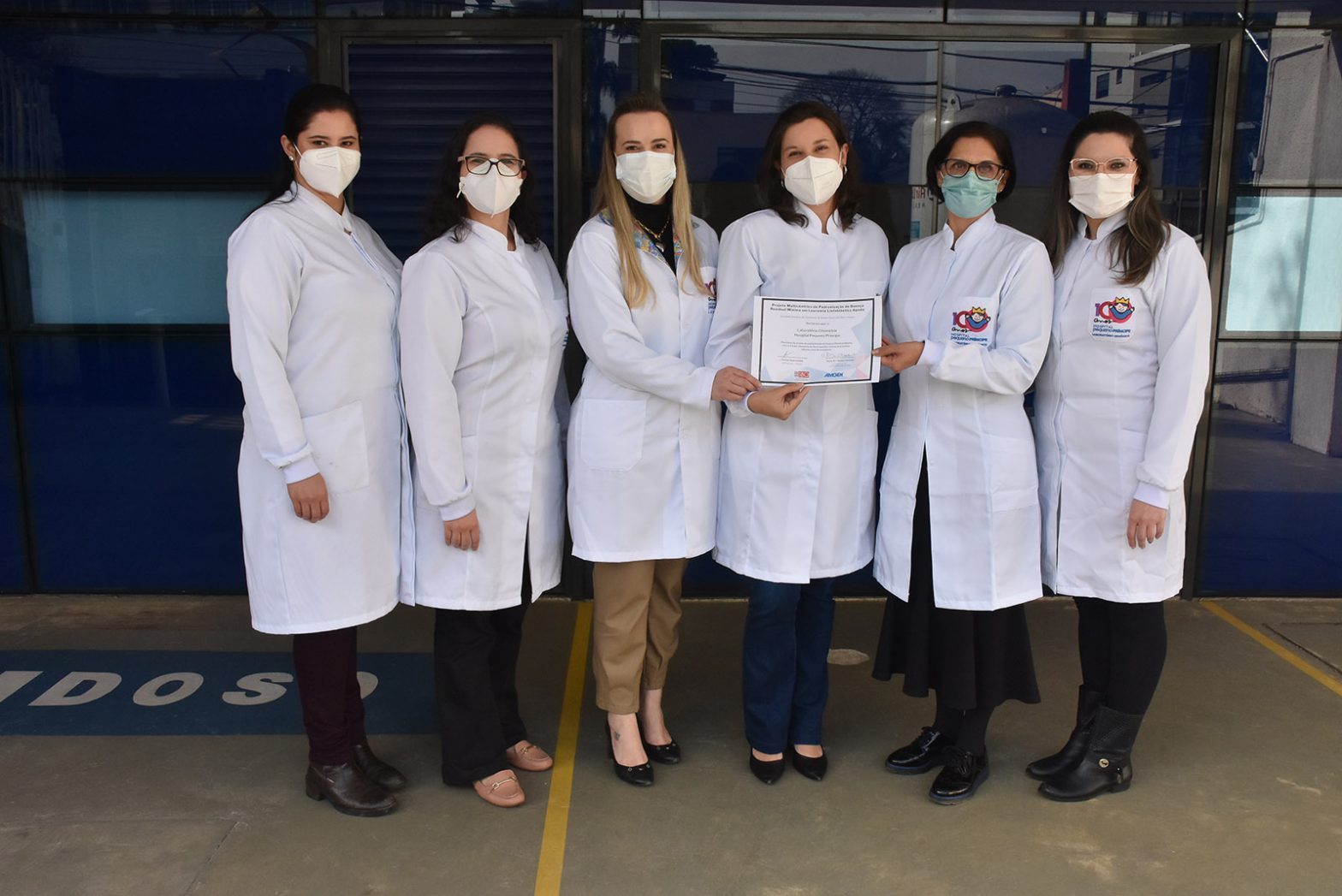Pequeno Príncipe Hospital becomes a hub for the Project ECHO
Created in the United States, the initiative promotes the exchange of information among professionals, democratizing knowledge

The Pequeno Príncipe Hospital, in partnership with the Pequeno Príncipe College, has become a hub for the Project ECHO (Extension for Community Healthcare Outcomes) in Brazil. The project was born at the University of New Mexico, in the United States, in the early 2000’s, with the purpose of democratizing and demobilizing the academic knowledge in medicine for remote or neglected areas.
Its methodology foresees online meetings between specialists and health professionals who have an interest in the theme proposed in the teleclinics. During the meetings, participants and specialists exchange experiences and, by doing so, build better practices, benefitting patients in regions that there is a lack of specialized professionals.
“In telemedicine, a doctor sees a patient. In Project ECHO’s model, through a teleconferencing platform, specialists from a hub exchange ideas with the participants about a clinical case. With this, all the participants improve their knowledge and can provide better assistance to all their patients,” explains the coordinator of the Telehealth Service of the Pequeno Príncipe Hospital, Rafaela Wagner.
Today there are more than 60 Project ECHO hubs in the United States and in 30 other countries. There are more than a thousand clinics on 60 diseases.
Non-transmissible chronic diseases
The first teleclinic of the Pequeno Príncipe Hospital is being developed in partnership with the Pequeno Príncipe College and its focused on non-transmissible chronic illnesses. It started in July and will last until December, with one meeting a month, approaching issues such as diabetes, hypertension, dyslipidemias, heart failure and chronic renal disease.
“We chose this theme because chronic non-communicable diseases affect a large portion of the community, and it is very common for professionals to have questions about how to treat them. If left untreated, these problems can become complex,” points out professor René Scalet dos Santos Neto, from the Medicine course at the Pequeno Príncipe College.
According to him, in Brazil there was still no teleclinic on this subject, which also motivated the choice. “We have highly qualified professionals and we can contribute immensely to the demonopolization of knowledge about these diseases”, he says.
Social commitment
Doctor Rafaela believes that the participation of the Pequeno Príncipe Complex in the Project ECHO is another initiative of social responsibility of the institution. “As a complex that works with healthcare, teaching and research, we have a lot of aggregated knowledge and it is our duty to spread this knowledge to the whole community. We are privileged to be in a city with access to specialized health centers. Unfortunately, in Brazil, not everyone has this opportunity. And with the pandemic, the inequalities are even more accentuated, including in the access to health. It is our social role to share this knowledge with society,” defends Rafaela.
More
Genomic Laboratory is certified for excellence in leukemia tests
The unit is among the first ten in Brazil to receive the certification, which is based on strict international protocols
Protocols adopted by the Hospital guarantee safety to all patients
Doctors warn about the importance of seeking specialized help to preserve the health of children and adolescents








